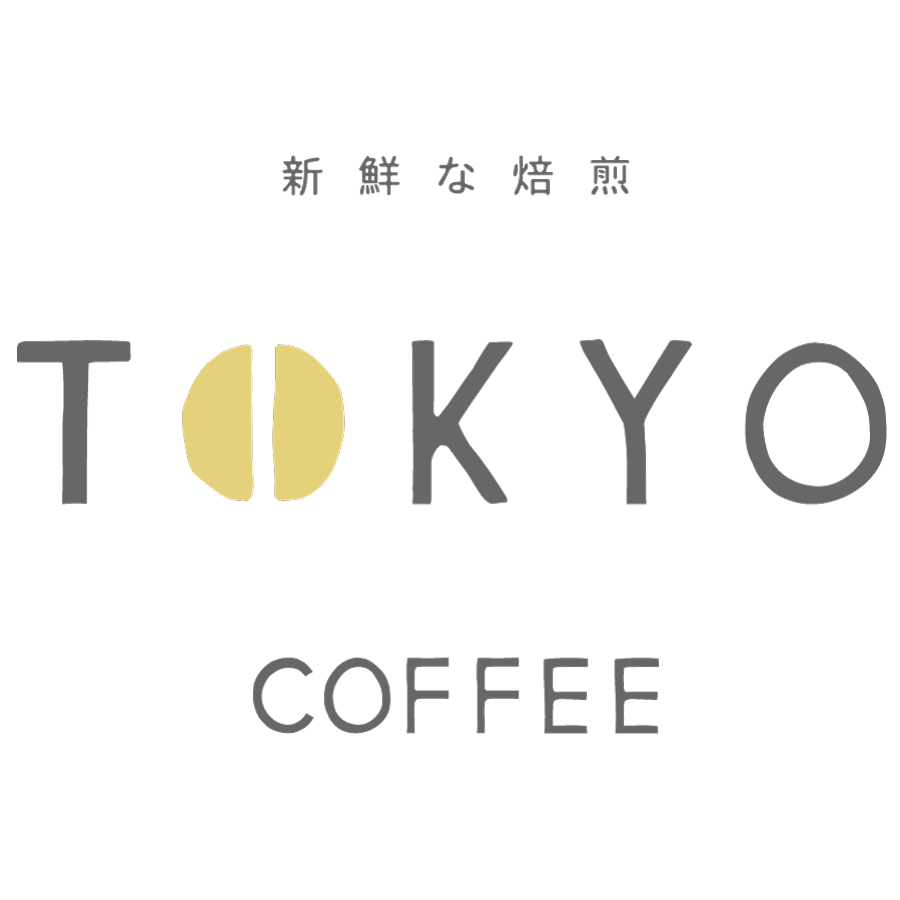今日は有機JASについて見ていきたいと思います。
有機JASの基準は二つにまとめることができます。「有機農産物にあっては、堆肥等で土作りを行い、化学合成肥料 及び農薬の不使用を基本として栽培」と「遺伝子組換え技術は使用禁止」です。
これだけでなく、作物生産所付近からの化学合成肥料や農薬の飛来対策をしてある必要があります。また、作物を育てる土壌は化学合成肥料や農薬を2年以上使っていない土地でなければなりません。こうして一定期間設けることによって化学合成肥料の残留による影響を最小限にしています。
また、一年に一度オーガニック認定の検査があったり、格付という方法で生産量、販売量に偽りがないことを確かにするように徹底したプログラムになっています。
このような日本の農林水産省による基準と第三機関による検査を受けて、ようやく有機JASとして販売することができます。こうすることによって、あいまいなオーガニック商品の販売をさけ、国からのお墨付きのオーガニック商品の販売をすることができます。
(農林水産省ウェブサイト参照、抜粋)

Today, I’m going to talk about the JAS Organic. (JAS stands for Japan Agricultural Standards)
I can summarize the JAS Organic in two sentences: 1. Organic products have to grow in chemical/ synthetic fertilizers and pesticide-free environments. 2. Organic products are not to be genetically recombined.
In addition, lands that cultivate organic products must be free from chemicalized fertilizers and pesticides for 2 years. This kind of standard ensures the minimized influence from residual chemicalized fertilizers.
There is an inspection once a year by a third-party company and there is a system that keeps track of usage and sales of organic products. This step ensures the legitimacy of operations.
Organic products finally make it to market with strictly set standards and inspections. Though, these procedures from the Japanese Government assure the quality of products.
(Quoted from Ministry of Agriculture, Forestry, and Fisheries.)

